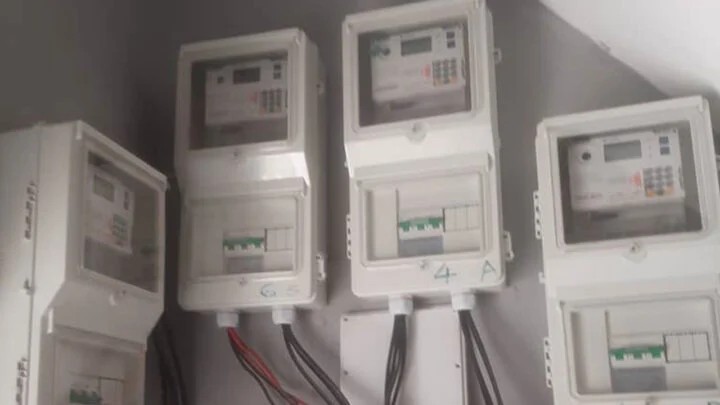The Nigerian Electricity Regulatory Commission (NERC) has revealed that the federal government incurred a total electricity subsidy obligation of N464.12 billion in the third quarter (Q3) of 2024, representing a 52.51 percent increase from the N380 billion recorded in the second quarter (Q2).
In its quarterly report released on December 20, NERC attributed the surge to the government’s policy to maintain frozen electricity tariffs for consumers despite rising cost-reflective tariffs.
“It is important to note that due to the absence of cost-reflective tariffs across all Distribution Companies (DisCos), the government incurred a subsidy obligation of N464.12 billion, representing 54.71 percent of the total Nigerian Bulk Electricity Trading (NBET) invoice in 2024/Q3,” the report stated.
The N84 billion increase from the N380.06 billion subsidy in Q2 was described as a direct consequence of the tariff freeze.
NERC explained that the subsidy covers the difference between the cost-reflective tariffs—what electricity generation truly costs—and the government-allowed tariffs paid by consumers.
NERC noted that the subsidy is applied to the generation costs payable by DisCos to NBET. This mechanism reduces the financial burden on DisCos through their remittance obligations at the source.
Despite the government’s efforts to ease the subsidy burden, NERC’s earlier approval of a tariff hike in April 2024 for Band A customers—those enjoying 20 hours of daily electricity supply—has had minimal impact.
These customers were expected to pay N225 per kilowatt-hour, up from N66. However, the tariff for Bands B, C, D, and E remained unchanged.
One month after the April approval, DisCos announced a reduction in the tariff for Band A customers to N206.80 per kilowatt-hour.
Despite this adjustment, NERC estimated that the approved tariffs would reduce the federal government’s subsidy obligation for the 2024 fiscal year by approximately N1.14 trillion.
The rising subsidy obligation underscores the challenges of achieving a cost-reflective tariff system in Nigeria’s power sector.
Experts have argued that the current subsidy regime is unsustainable, urging the government to implement reforms that will balance consumer affordability with sector profitability.
Do you want to share a story with us? Do you want to advertise with us? Do you need publicity for a product, service, or event? Contact us on WhatsApp +2348183319097 Email: platformtimes@gmail.com
We are committed to impactful investigative journalism for human interest and social justice. Your donation will help us tell more stories. Kindly donate any amount HERE


